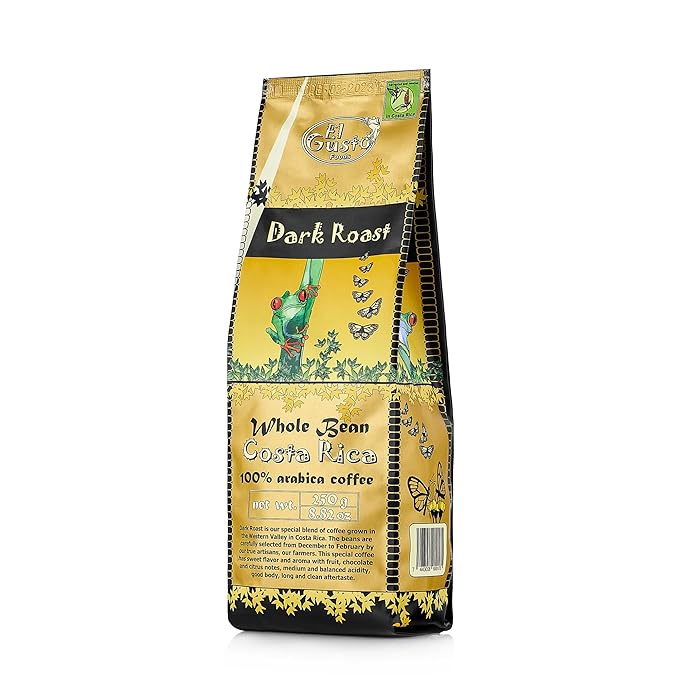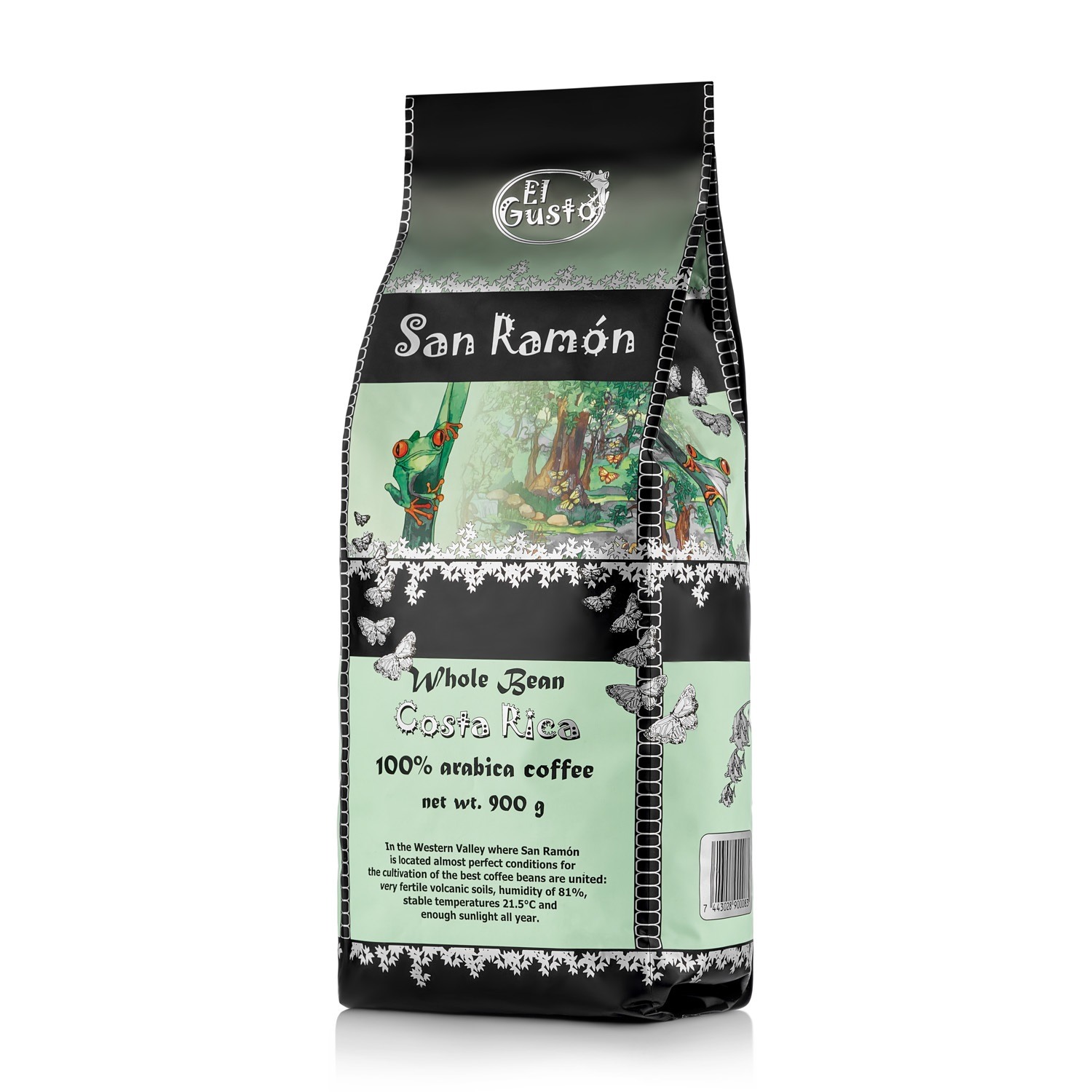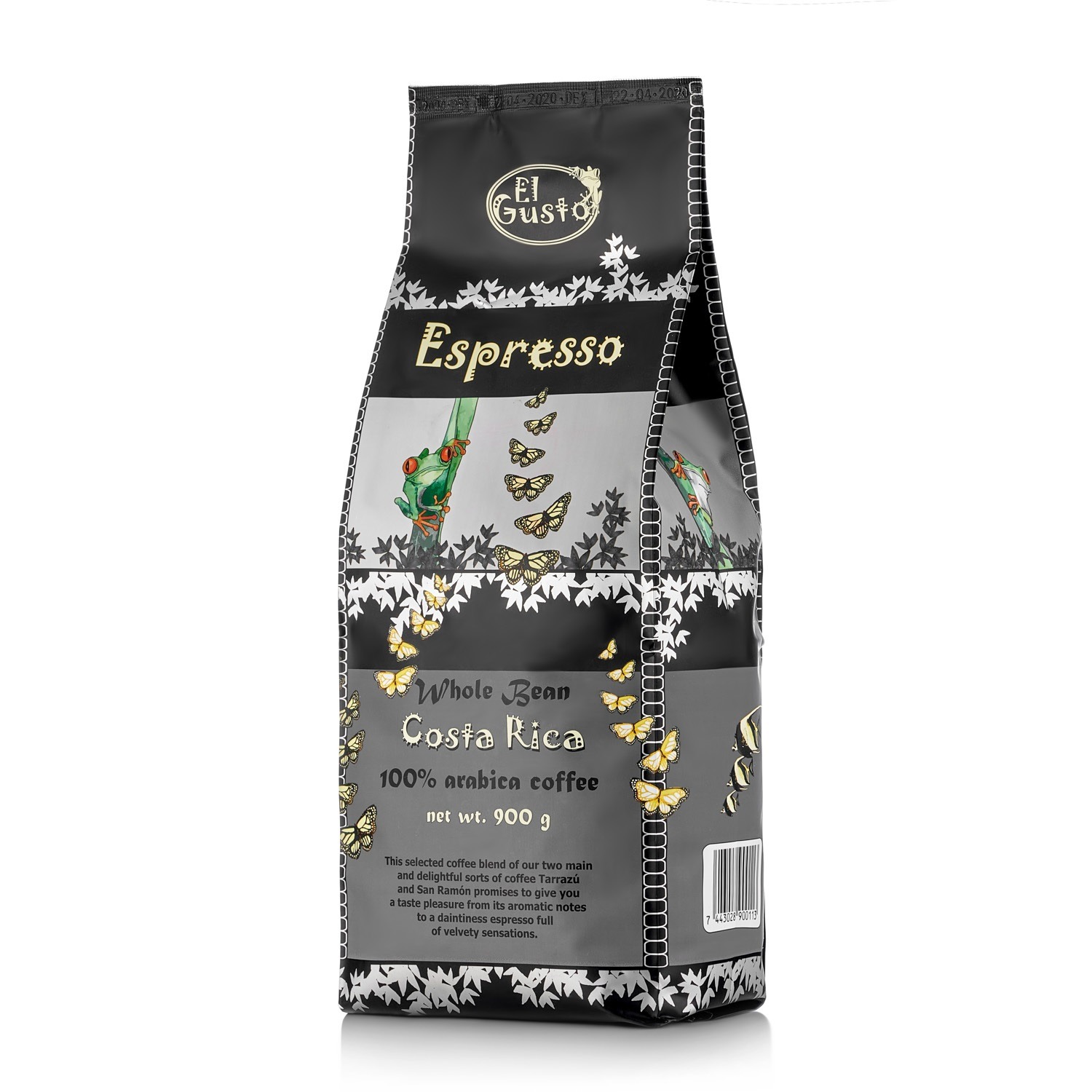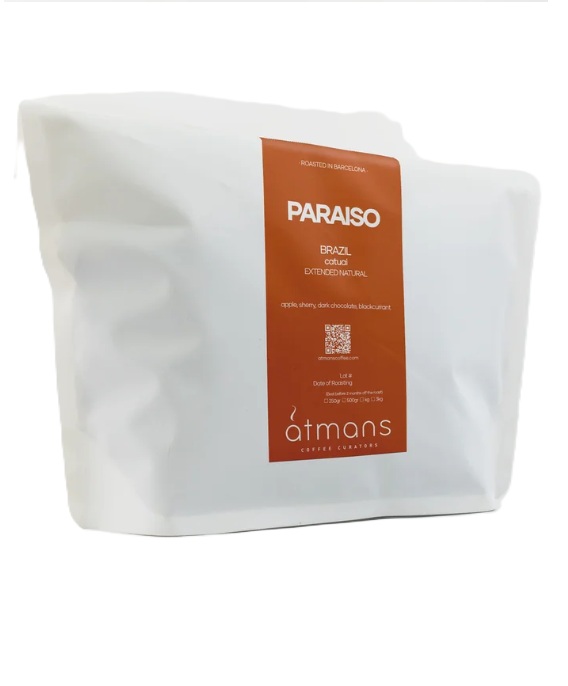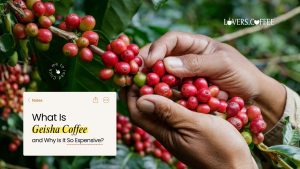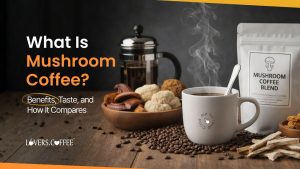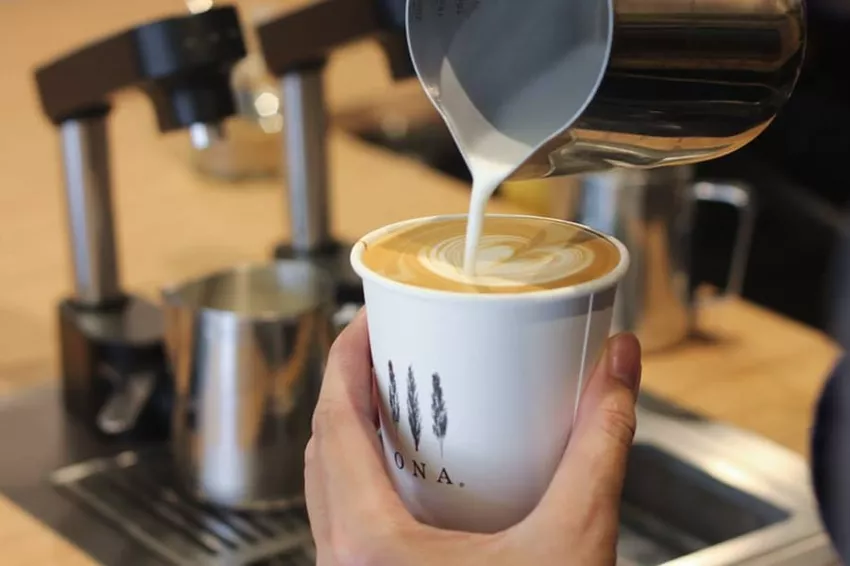
What is Specialty Coffee?
What is Specialty Coffee?
- Adam Smith
- 16-10-2024
- 23-07-2025
- 235843 views
- coffeepedia

Specialty coffee has taken the global coffee culture by storm, especially in the United States. Coffee lovers are no longer satisfied with generic, mass-produced brews; instead, they are turning to specialty coffee, which is often celebrated for its superior quality, traceability, sustainability, and craftsmanship. But what exactly is specialty coffee, and how is it different from regular coffee? In this blog, we will dive into the definition of specialty coffee, the process behind its production, and what makes it such a unique experience for coffee aficionados.
Defining Specialty Coffee
Specialty coffee refers to coffee that is produced with an emphasis on quality at every stage of the process, from bean cultivation to brewing. According to the Specialty Coffee Association (SCA), coffee is considered “specialty” if it scores 80 points or higher on a 100-point scale during a rigorous grading process. This scoring evaluates factors such as flavor, acidity, body, and aroma. Only the top 5-10% of coffee beans in the world can be classified as specialty coffee, making it a premium product sought after by true coffee connoisseurs.
The Journey from Bean to Cup
To understand what makes specialty coffee so special, it’s essential to look at each step in its journey from the farm to the cup. Each phase, from cultivation to brewing, is executed with meticulous attention to detail, ensuring that the final product maintains the highest level of quality.
- Sourcing and Farming
- Specialty coffee starts with the bean, and its quality depends heavily on the environment in which it is grown. Factors such as altitude, climate, soil, and shade all contribute to the flavor profile of the coffee. Specialty coffee is typically grown at higher altitudes in regions known for their ideal growing conditions, such as Ethiopia, Colombia, Guatemala, and Kenya.
- Farmers who produce specialty coffee tend to use sustainable agricultural practices, focusing on organic and environmentally friendly methods that maintain the health of the soil and the surrounding ecosystem. These practices not only protect the environment but also result in higher-quality beans.
- Processing
- After harvesting, coffee beans undergo a meticulous processing method. There are three main methods of processing coffee: washed, natural, and honey-processed. Each method results in a different flavor profile for the final product. For example, washed coffee tends to be cleaner and brighter in flavor, while natural-processed coffee can have fruitier and more complex notes.
- Throughout the processing stage, quality control is key. Defective or damaged beans are carefully removed to ensure that only the best beans make it to the next step of the journey.
- Roasting
- Roasting is where the magic of specialty coffee really comes to life. Specialty coffee roasters are highly skilled artisans who understand the complexities of each coffee bean’s flavor potential. Unlike mass-produced coffee, which is often roasted in large batches for consistency, specialty coffee is typically roasted in small batches to ensure precision and flavor development.
- Roasters adjust variables such as time, temperature, and airflow during the roasting process to highlight the unique flavor notes of each bean. This process can bring out fruity, floral, chocolatey, or nutty flavors, depending on the origin of the beans and how they are roasted.
- Brewing
- Once the beans are roasted, the final step in the specialty coffee process is brewing. Specialty coffee enthusiasts often use manual brewing methods, such as pour-over, AeroPress, Chemex, or siphon brewing, to achieve optimal flavor extraction. These methods give the brewer more control over variables such as water temperature, grind size, and brew time, resulting in a more refined cup of coffee.
- Whether you’re brewing at home or in a specialty coffee shop, attention to detail is crucial to getting the best possible flavor from your specialty coffee beans.
What Sets Specialty Coffee Apart?
Now that we’ve explored the journey from bean to cup, let’s break down some of the key factors that set specialty coffee apart from your average cup of joe.
- Quality
- Specialty coffee is synonymous with high quality. From sourcing the best beans to carefully roasting and brewing them, every step is carried out with precision to ensure the best possible flavor experience. This dedication to quality is why specialty coffee commands a premium price.
- Transparency and Traceability
- One of the hallmarks of specialty coffee is the emphasis on transparency. Specialty coffee roasters and retailers often provide detailed information about the origin of their beans, including the farm or cooperative where they were grown, the elevation, the variety of coffee, and even the processing method used.
- This level of traceability allows consumers to learn more about where their coffee comes from and supports a direct relationship between farmers and roasters. It also encourages ethical practices in the coffee supply chain, with a focus on fair trade and sustainability.
- Flavor
- The flavor profile of specialty coffee is far more complex and varied than that of regular coffee. Specialty coffee is celebrated for its distinct, nuanced flavors, which can range from bright citrus and berry notes to rich chocolate and caramel undertones.
- Because specialty coffee beans are sourced from specific regions and processed with care, they often have unique flavor characteristics that reflect the terroir of the region where they were grown. Each cup of specialty coffee is an opportunity to explore new and exciting flavor combinations.
- Sustainability and Ethics
- The specialty coffee industry places a strong emphasis on sustainability, both in terms of environmental impact and social responsibility. Many specialty coffee producers use organic farming methods, protect local ecosystems, and reduce their carbon footprint. Additionally, fair trade practices ensure that farmers are paid fairly for their high-quality beans, leading to more sustainable livelihoods for coffee-growing communities.
- This commitment to sustainability and ethics sets specialty coffee apart from mass-produced coffee, which often prioritizes profit over people and the environment.
The Rise of Specialty Coffee Shops
Specialty coffee shops are more than just places to grab a quick cup of coffee—they are community hubs that offer a unique coffee experience. These shops often feature baristas who are highly knowledgeable about the beans they serve and the brewing methods they use. They create an atmosphere where customers can enjoy carefully crafted beverages and learn more about the world of specialty coffee.
One of the main draws of specialty coffee shops is their focus on quality over quantity. Instead of offering a wide range of sugary, flavored drinks, these shops focus on delivering exceptional coffee that allows the natural flavors of the beans to shine. Many specialty coffee shops also offer rotating selections of single-origin coffees, giving customers the chance to explore different regions and flavor profiles.
The Role of Baristas in Specialty Coffee
Baristas in specialty coffee shops play a crucial role in delivering the perfect cup of coffee. They are trained to understand the intricacies of coffee brewing and often have a deep knowledge of the different origins and flavor profiles of the beans they work with. In many ways, baristas are the final artisans in the specialty coffee process, using their skills and expertise to bring out the best in each cup.
Whether it’s through latte art, brewing methods, or simply engaging with customers about the coffee they are serving, baristas in the specialty coffee industry are passionate about their craft and dedicated to creating memorable experiences for coffee drinkers.
Specialty Coffee and the Consumer Experience
For the consumer, drinking specialty coffee is about more than just enjoying a cup of coffee—it’s about engaging with the story behind the coffee. From learning about the farmers who grew the beans to understanding the nuances of different roasting techniques, specialty coffee offers a deeper connection to the beverage and its journey.
The emphasis on quality, transparency, and sustainability resonates with consumers who are increasingly seeking out ethical and high-quality products. In a world where convenience often trumps quality, specialty coffee stands as a testament to the value of craftsmanship, patience, and care.
Specialty Coffee: A Growing Industry
The specialty coffee industry continues to grow, with more consumers seeking out high-quality, ethically sourced coffee. As awareness of sustainability and fair trade practices increases, so too does the demand for specialty coffee. This growth has led to the rise of specialty coffee roasters, cafes, and subscription services that cater to consumers who are passionate about their coffee.
In addition to the growing number of specialty coffee shops, many online retailers now offer specialty coffee beans from around the world, allowing consumers to brew exceptional coffee from the comfort of their own homes.








